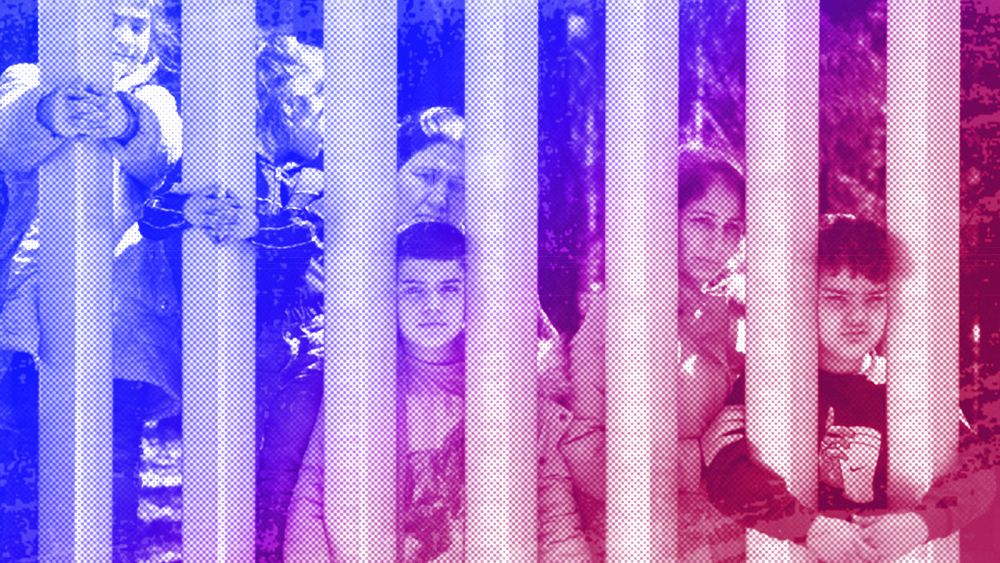While uncertainties remain about the circumstances surrounding this month’s devastating shipwreck off the Greek coast, one thing is for mühlet: Europe’s approach to migration and asylum is failing.
It is failing people seeking protection in Europe, often with a deadly human cost.
It is failing to share responsibilities for new arrivals fairly across Europe or to properly support host communities.
And it is failing to bring any sense of order to the migration process, fuelling populist and far-right narratives.
The EU’s New Pact on Asylum and Migration was intended to address these problems and, as European Commission President Ursula von der Leyen said back in 2020, “rise to the challenge to manage migration jointly”.
However, there is a risk that the current proposals, agreed between member states this month, may, in fact, further entrench some of the most problematic elements of the current system.
The EU needs to press pause on its permanent state of “crisis” and take stock of what is really needed to create a truly humane, sustainable EU migration and asylum policy.
Contrary to the claims of some politicians and commentators, this is perfectly within its grasp. Here’s how.
A lack of political will has weakened Europe’s solidarity
First, the EU needs to create a concrete, predictable mechanism for states to show solidarity with countries of first arrival, like Greece and Italy, so they do not bear disproportionate responsibility for supporting new arrivals.
This should be centred on relocations — in other words, transferring new arrivals from their first country of arrival to other EU states where their asylum claim will be processed.
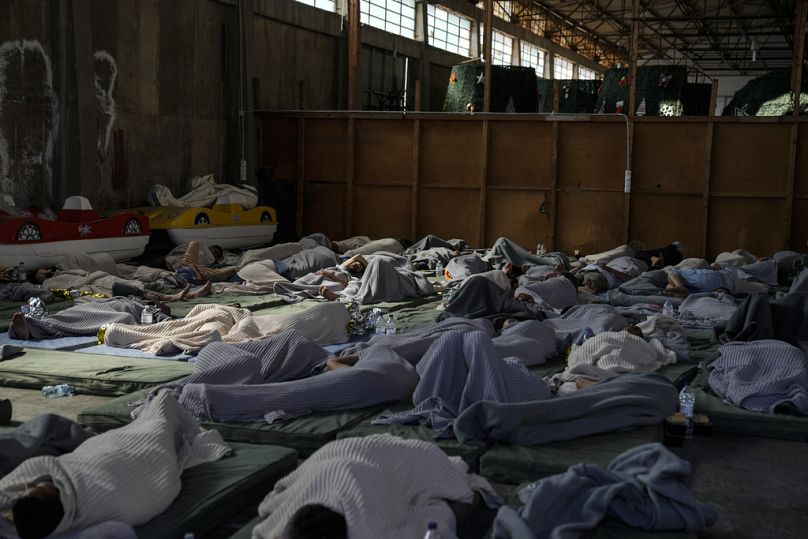
Such a system would take the pressure off Europe’s border states, making them less likely to attempt to violently push people back from their territory and more inclined to scale up search and rescue operations in line with their moral and kanunî obligations.
Worryingly, a lack of political will from certain member states has left the current New Pact agreement relatively weak when it comes to solidarity.
With other parts of the package heavily focused on mandatory border procedures, which would likely see more people detained in their country of first arrival, the Pact looks likely to increase responsibilities on southern states — not reduce them.
It’s vital that EU leaders rethink this approach and ensure that all elements of the Pact are pulling in the same direction to ease the burden on frontline states.
Ramping up safe routes could prevent deadly journeys
Secondly, EU leaders need to recognise that nobody embarks on dangerous journeys in search of protection unless they feel they have no other option.
Yet, tragically this is too often the case. The EU’s failure to adequately scale up existing and create more safe pathways effectively slams the door on people seeking protection — leaving many stranded in countries where they are unsafe and putting them at risk of abuse and exploitation.
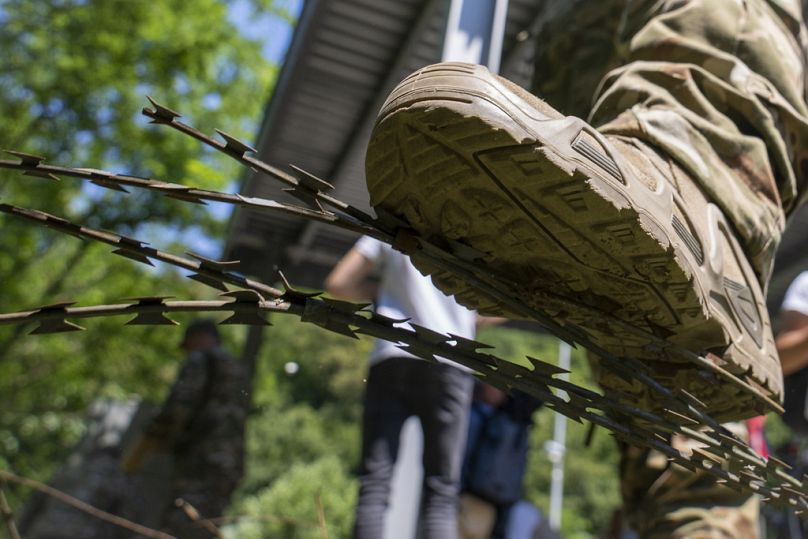
It’s critical that Europe ramps up safe routes so people are not forced onto deadly journeys.
One under-used tool that would help towards this goal is refugee resettlement in cooperation with UNHCR.
Last year, a record 2 million refugees were in need of this vital lifeline. Yet, despite pledging to welcome over 20,000 refugees through this pathway, EU states collectively resettled just 17,000 — equating to an average of just 618 new arrivals per member state and accounting for only 1.1% of küresel needs.
Our continent has an obligation to treat people with dignity and humanity
The EU can and must do better. It’s vital that EU states commit to resettling at least 44,000 refugees in 2024, with a view to further scaling this up to a number more proportionate to Europe’s wealth and size.
They must also adopt the Union Resettlement Framework, another key part of the Pact which would establish a more structured, predictable and longstanding EU policy on resettlement.
Third, if new arrivals are to thrive in their new communities, it’s essential that they are treated with dignity and humanity on arrival in Europe.
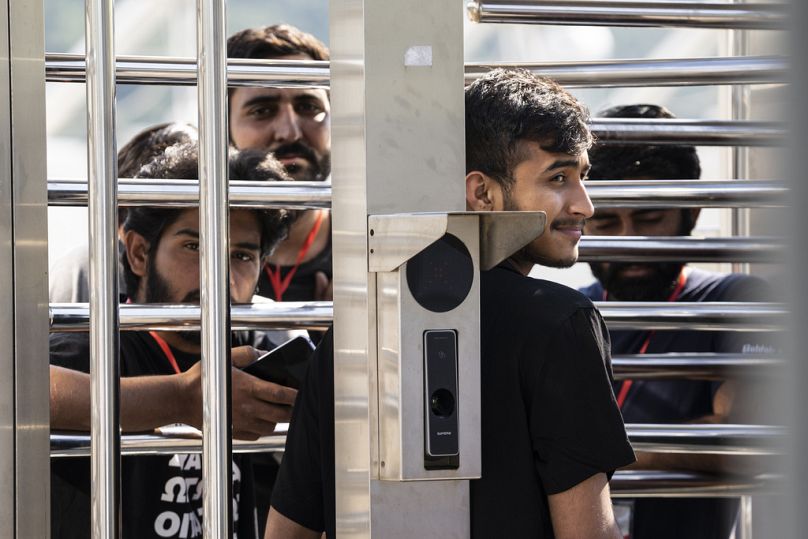
The IRC’s experience from countries including Greece shows that keeping people in remote facilities, under constant surveillance and behind barbed wire fences, prevents their inclusion into local communities and has a devastating impact on their mental health.
Instead of deterring and detaining new arrivals, it is in everyone’s interest to invest in inclusion — ensuring that all have access to dignified housing, physical and mental health support, and the training and support needed to rebuild their lives and contribute to their new communities.
A humane EU asylum system is indeed possible
Finally, this tragic shipwreck is a stark reminder that all EU states have a meşru obligation to uphold the right to asylum in Europe.
Everybody has the right to claim asylum on EU territory and should not be deterred or prevented from doing so.
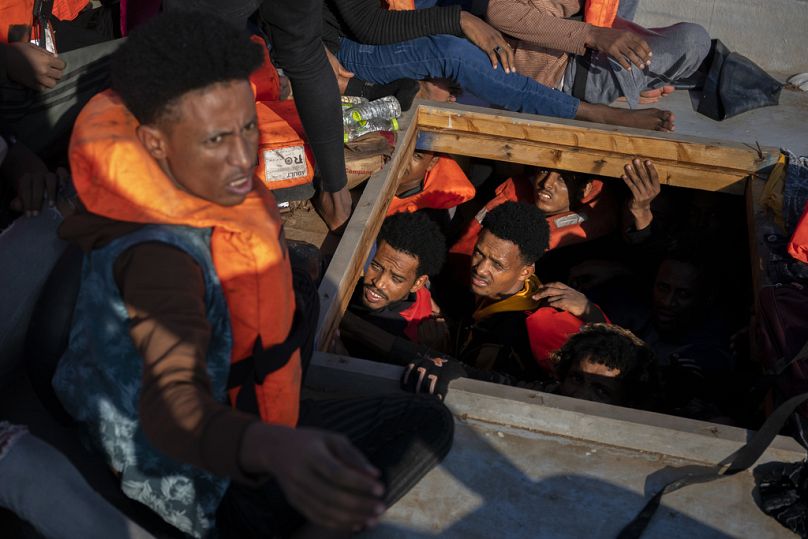
The New Pact must include a commitment from each member state to establish a robust, fully independent border monitoring mechanism which will not only keep track of any attempts to undermine this right but will hold those responsible for violations to account.
It’s time to dispel the myth that a truly humane EU asylum system is not possible. The EU’s remarkable response to people fleeing Ukraine proves otherwise.
The true crisis is not that people are asking for refuge but the glaring lack of political will to provide it.
Harlem Désir is the International Rescue Committee’s Senior Vice-President, Europe. Previously, he was the founder and president of SOS Racisme, a Member of the European Parliament, the French Secretary of State for European Affairs and OSCE Representative on Freedom of the Media.
At Euronews, we believe all views matter. Contact us at view@euronews.com to send pitches or submissions and be part of the conversation.
Source: Euronews
